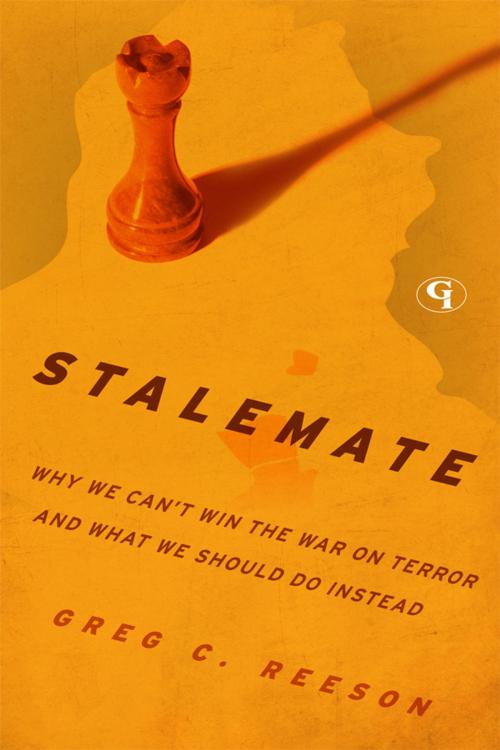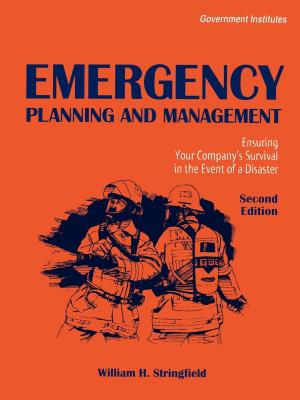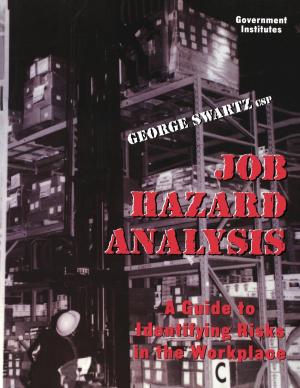Stalemate
Why We Can't Win The War on Terror and What We Should Do Instead
Nonfiction, Social & Cultural Studies, Political Science, International, International Security, International Relations| Author: | Greg C. Reeson | ISBN: | 9781605907727 |
| Publisher: | Government Institutes | Publication: | September 1, 2011 |
| Imprint: | Government Institutes | Language: | English |
| Author: | Greg C. Reeson |
| ISBN: | 9781605907727 |
| Publisher: | Government Institutes |
| Publication: | September 1, 2011 |
| Imprint: | Government Institutes |
| Language: | English |
Since 9/11, the threat of terrorism has concerned Americans more than any other issue they face. Author Greg Reeson says this is not likely to change in the near future. In Stalemate, he argues that we are waging an unwinnable war against terrorism—that Muslim extremist ideology is a problem we can manage, but not soon solve. This conflict with terrorism will not end in victory or defeat, at least not in the traditional sense. The 9/11 attacks ushered in a new era in which the long-term aim of the United States will be the management and mitigation of Islamic extremist violence so that it interferes as little as possible with daily life.
The book begins with a look at the transition from the Cold War to an era of globalization that facilitated the 9/11 terrorist attacks, then explains how the al Qaeda organization founded by Osama bin Laden has transformed into a global network of like-minded terrorist groups collectively known as Al Qaeda and Associated Movements, or AQAM. The author then discusses the components of strategy before walking the reader through the elements of national power (Diplomatic, Information, Military, Economic, Intelligence, Law Enforcement) used by the United States in a comprehensive and coordinated effort to reduce the risk of terrorist violence against American citizens and interests worldwide. He concludes with a look at the global hotspots where the United States will likely be involved for the foreseeable future, a brief discussion of what constitutes victory in this framework, and the role the United States will have to take on in the international system in the future.
Since 9/11, the threat of terrorism has concerned Americans more than any other issue they face. Author Greg Reeson says this is not likely to change in the near future. In Stalemate, he argues that we are waging an unwinnable war against terrorism—that Muslim extremist ideology is a problem we can manage, but not soon solve. This conflict with terrorism will not end in victory or defeat, at least not in the traditional sense. The 9/11 attacks ushered in a new era in which the long-term aim of the United States will be the management and mitigation of Islamic extremist violence so that it interferes as little as possible with daily life.
The book begins with a look at the transition from the Cold War to an era of globalization that facilitated the 9/11 terrorist attacks, then explains how the al Qaeda organization founded by Osama bin Laden has transformed into a global network of like-minded terrorist groups collectively known as Al Qaeda and Associated Movements, or AQAM. The author then discusses the components of strategy before walking the reader through the elements of national power (Diplomatic, Information, Military, Economic, Intelligence, Law Enforcement) used by the United States in a comprehensive and coordinated effort to reduce the risk of terrorist violence against American citizens and interests worldwide. He concludes with a look at the global hotspots where the United States will likely be involved for the foreseeable future, a brief discussion of what constitutes victory in this framework, and the role the United States will have to take on in the international system in the future.















